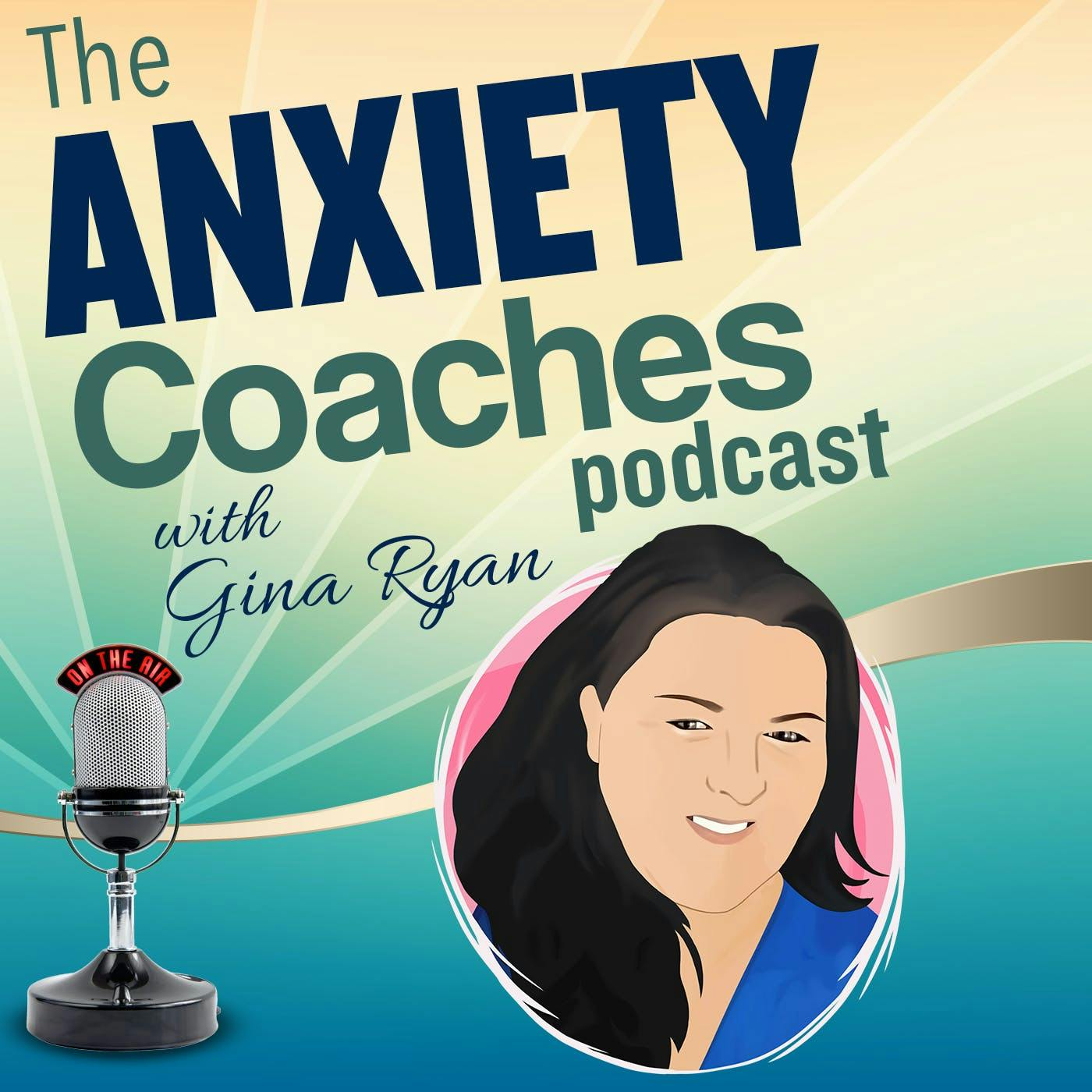Classic ACP 5 Stoic Steps To Help Ease Your Anxiety
Description
In today's episode, Gina discusses the ancient philosophy of stoicism and how it influenced and helped her with her own journey through anxiety. Epictetus' works in particular are discussed. Five steps are outlined for how to implement stoicism to reduce the suffering you may experience from anxiety.
Please visit our Sponsor Page to find all the links and codes for our awesome sponsors!
https://www.theanxietycoachespodcast.com/sponsors/
Thank you for supporting The Anxiety Coaches Podcast.
FREE MUST-HAVE RESOURCE FOR Calming Your Anxious Mind
10-Minute Body-Scan Meditation for Anxiety
Anxiety Coaches Podcast Group Coaching link
ACPGroupCoaching.com
To learn more, go to:
Website https://www.theanxietycoachespodcast.com
Join our Group Coaching Full or Mini Membership Program
Learn more about our One-on-One Coaching
What is anxiety?
Find even more peace and calm with our Supercast premium access membership:
For $5 a month, all episodes are ad-free! https://anxietycoaches.supercast.com/
Here's what's included for $5/month:
❤ New Ad-Free episodes every Sunday and Wednesday
❤ Access to the entire Ad-free back-catalog with over 600 episodes
❤ Premium meditations recorded with you in mind
❤ And more fun surprises along the way!
All this in your favorite podcast app!
Quote:
Make the best use of what is in your power, and take the rest as it happens. –Epictetus
Chapters
0:23 Introduction to Stoicism
2:59 Wisdom of 2000-year-old Philosophy
6:06 Letting Go of Control for Peace
6:51 Building Good Habits for Healing
7:52 Tools for Experimenting with New Habits
8:07 Importance of Focusing on the Moment
10:17 Living in the Present with Stoicism
13:10 Separating Reasonable Worries from Irrational Ones
14:30 Transforming Thoughts and Emotions with Stoicism
Summary
In this episode of the Anxiety Coaches Podcast, we delve into the topic of stoicism and its potential in alleviating anxiety. Stoicism, originating in Athens in 300 BCE and later embraced in Rome, entrusts action over endless deliberation. The philosophy champions altering what is within our domain of control, and letting go of the elements outside our influence. Central to Stoic teachings is the idea that emotions stem from our beliefs, indicating our ability to shape our reactions to circumstances. By consciously modifying our thoughts, we can alter our emotional landscape.
Epictetus, a former slave and prominent Stoic philosopher, underlines the essence of focusing on what we can manage, such as our beliefs and attitudes. This shift in perspective enables us to navigate adversity purposefully. The Stoic tenet that progress emerges from daily self-improvement highlights the significance of fostering positive habits consistently. Embracing the present moment, a core aspect of Stoicism, can free us from the mental shackles of past regrets and future anxieties, offering the solace of mindfulness.
Seneca emphasizes the futility of agonizing over prospective misfortunes, advocating for an existence unburdened by premature distress. The Stoic approach encourages distinguishing rational worries from irrational fears, fostering a mindset centered on present fulfillment. Compassion, a pillar of both Stoicism and Buddhism, is viewed as integral to inner peace and harmonious coexistence. Stoicism isn't about suppressing emotions; instead, it propels us to reshape our inner landscape, akin to modern psychotherapeutic practices.
Practical steps derived from Stoic principles are outlined, from evaluating control over a situation to nurturing helpful habits and practicing mindfulness. By eschewing catastrophic thinking, envisioning positive outcomes, and extending compassion to others, we inch closer to a state of tranquility. Ultimately, Stoicism offers a roadmap to navigate life's uncertainties, promoting resilience, acceptance, and a profound sense of inner peace.
Learn more about your ad choices. Visit megaphone.fm/adchoices
More Episodes
In today's episode, Gina discusses the benefits of meditation, especially for anxiety sufferers. Meditation is not something we do in response to anxiety or panic when it arises, but rather on a regular basis, preferably daily. A soothing guided meditation is included, designed to bring you to a...
Published 11/13/24
Published 11/13/24
In today's episode, Gina discusses panic and panic attacks. These are chronic anxiety's more intense, terrifying big brother. When panic strikes, it can feel like the world is about to end and death or worse is imminent. Listen in for a thorough discussion of the symptoms of panic attacks and how...
Published 11/10/24


